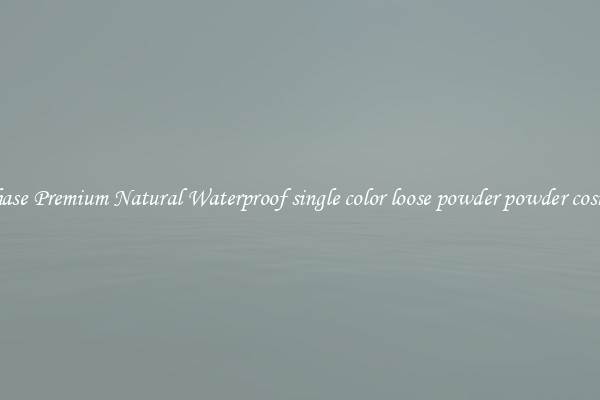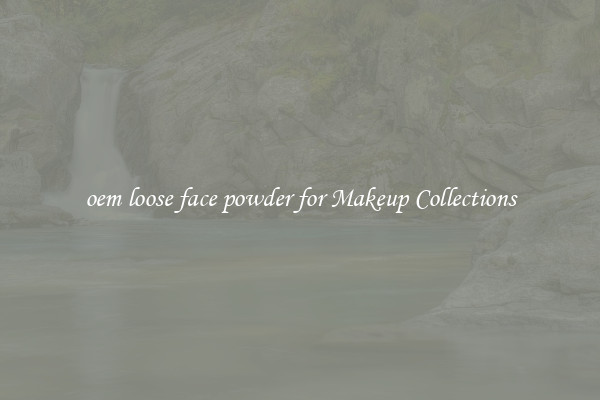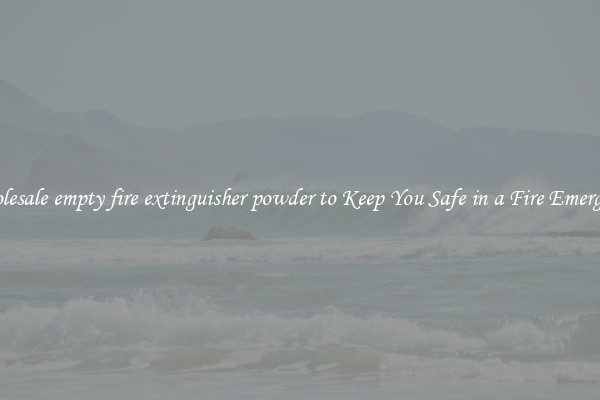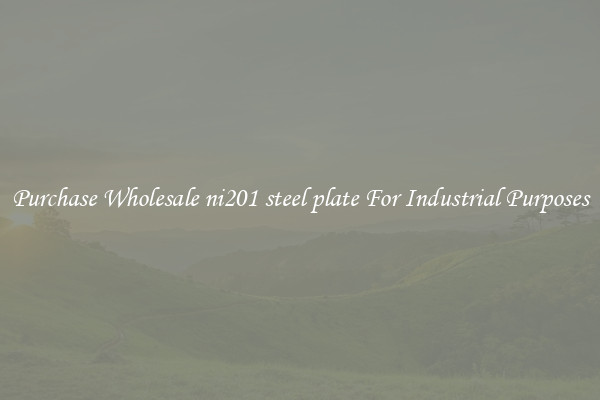Bake or Brew With Premium is baking powder gluten free
Bake or Brew With Premium: Is Baking Powder Gluten Free?
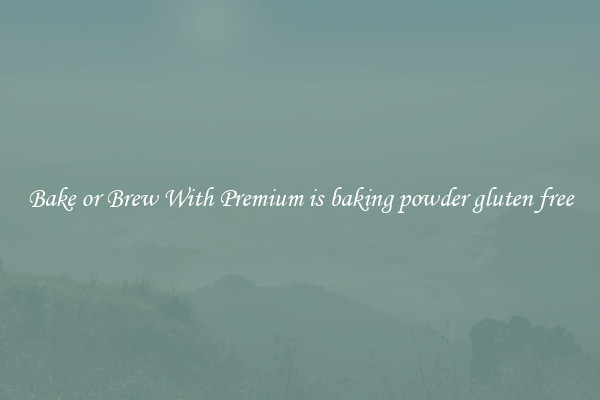
Baking powder is an essential ingredient in the world of baking, renowned for its ability to help dough and batters rise. But for those who follow a gluten-free diet, there is an ongoing concern about which baking powder products are safe to use. Premium brands are often associated with quality and reliability, but does that hold true when it comes to gluten-free options? Let's dive into the world of baking powder to answer the burning question: is baking powder gluten-free?
To fully understand the gluten content in baking powder, it's important to have a basic understanding of its composition. Baking powder is a mixture of multiple ingredients, typically including baking soda, cream of tartar, and a moisture-absorbing agent, such as cornstarch or potato starch. It is the last ingredient that raises eyebrows for those avoiding gluten, as many starches could potentially be derived from wheat.
Fortunately, many premium baking powder brands offer gluten-free alternatives. When scrutinizing labels, look for the following keywords: gluten-free, certified gluten-free, or made in a dedicated gluten-free facility. These indicators suggest that the baking powder has been thoroughly tested and produced in an environment free from cross-contamination.
Premium brands prioritize quality control and often adhere to strict standards when producing gluten-free options. These brands understand the importance of catering to diverse dietary needs and aspire to provide safe and satisfying baking experiences for all consumers.
Nonetheless, it's always beneficial to review the specific brand and product you are considering. Certain premium brands may choose not to disclose gluten-free labels due to potential cross-contamination risks, even if the ingredients themselves are gluten-free. In these cases, thorough research and contacting the brand directly can help clarify any concerns.
One popular gluten-free baking powder option in the premium market is aluminum-free baking powder, which usually consists of cream of tartar and a moisture-absorbing agent. Without the addition of baking soda, it's essential to note that the leavening power of aluminum-free baking powder may not be as potent. Therefore, you may need to use more of it compared to traditional baking powder in your recipes.
In conclusion, if you're looking to create gluten-free culinary delights, premium baking powder brands often offer safe options. The key is to carefully examine the labels, look for gluten-free certifications, and consider reaching out to the brand if in doubt. With an abundance of gluten-free alternatives available, it's now easier than ever to bake or brew with confidence, ensuring that everyone can enjoy delicious treats regardless of dietary restrictions.

View details

View details

View details
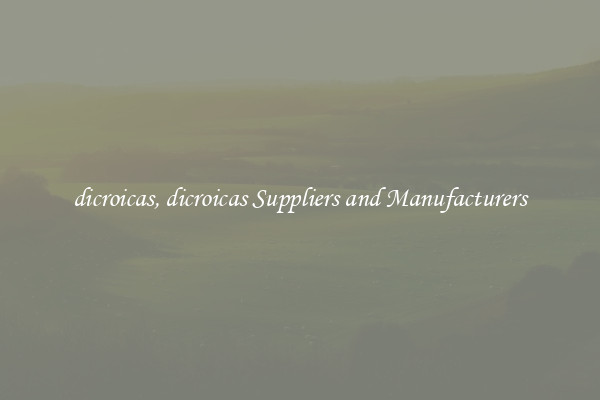
View details
